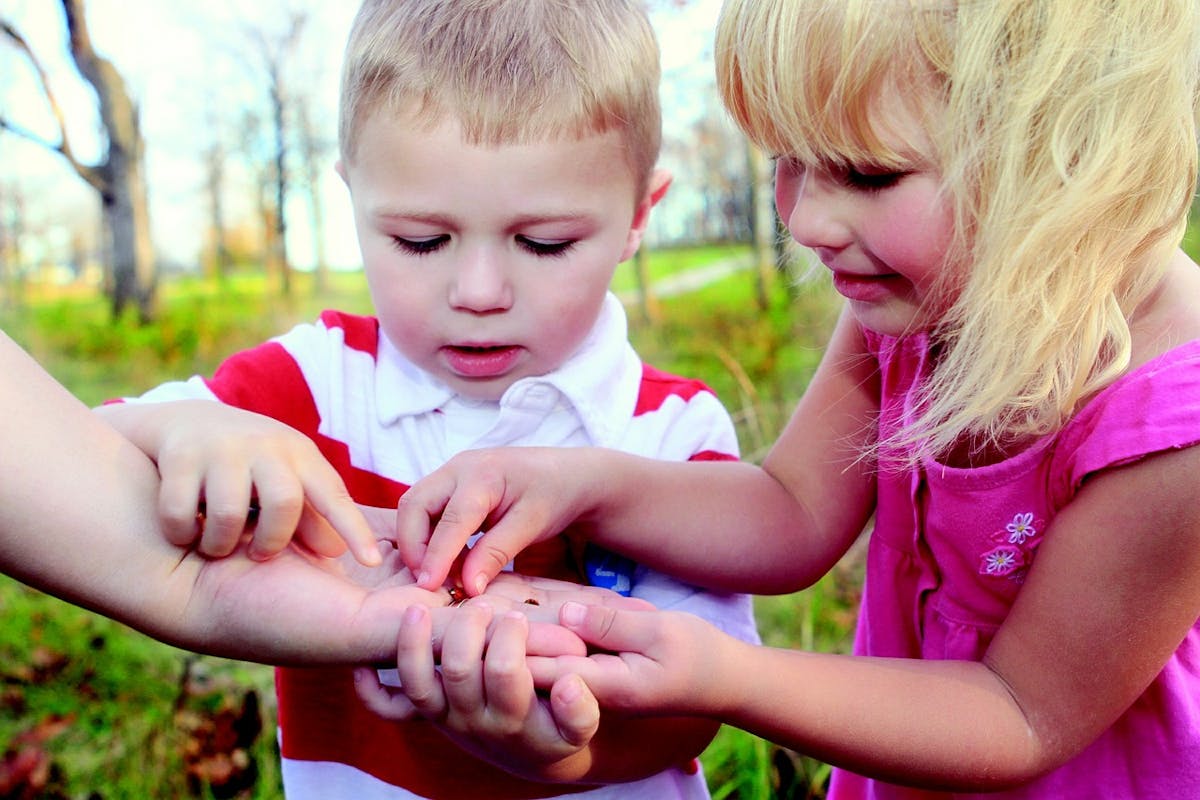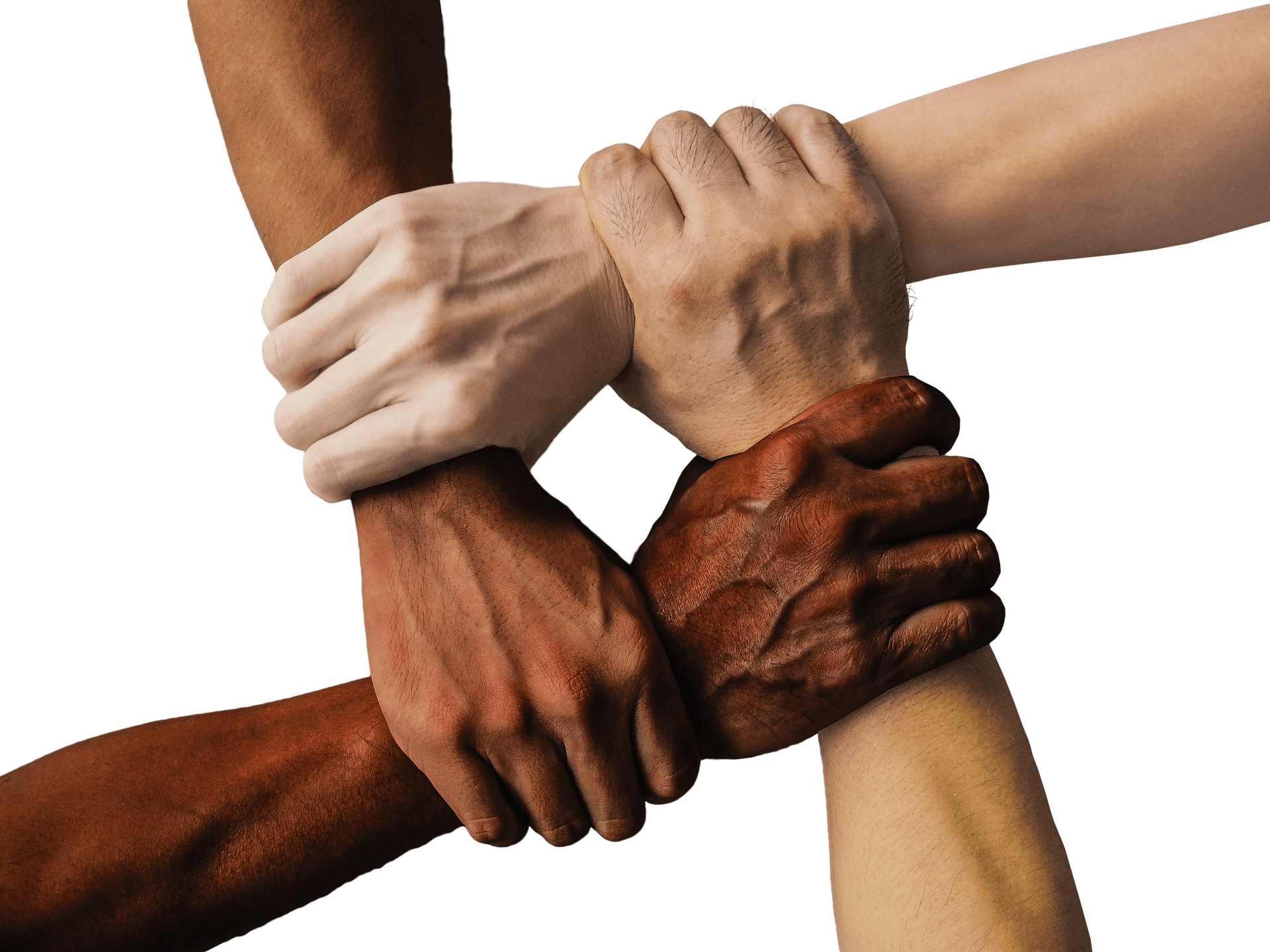Influence

What is influence to you? What is the definition of the word influence? How do you get others to act the way you want them to act and to believe what you want them to believe? I’m not going to give you a dictionary definition, but I want to tell you what influence means to me.
I believe there are two ways to look at influence. The first is the way people see me. When someone first meets me, do I look like someone they would like to talk to? Am I friendly and outgoing enough to make others care? Perhaps it is like seeing a book for the first time. If the cover doesn’t interest me, I’m not likely to give that book a second glance. If I turn people off, they will pass me by.
The second way I can influence others, and I believe the most important, is what people see in me when they get to know me. Having spent most of my life teaching in public schools, I can tell you that both aspects of influence are important. If I had not made a positive impression on my students the first day of school, getting them to listen to me the next day might have been an uphill battle.
I taught English at a community college one summer when I was twenty-four years old. I had just received my Master’s Degree and was eager to teach and influence. As I was telling the students what my expectations were for them that semester, one woman stood up and faced me.
“What makes you think you know enough to teach me?” she yelled. “You’re just a young whippersnapper!”
“I have a degree that says I know enough,” I replied. “If you’re not comfortable with me as a teacher, you may enroll in a different class.” She did. It was a disappointing start to my first day teaching that class. Would her outburst ruin my influence as a teacher with the rest of the class? Thankfully, it did not.
I found two little stories that illustrate influence. They were on one piece of paper and were related. No author’s name graced the paper. I want to share them with you, for I feel they illustrate the meaning of influence magnificently. Here they are:
I took a little child’s hand in mine. He and I were to walk together for a while. I was to lead him to the Father. I painted the sternness of the Father’s face were the child to do something to displease Him. I spoke of the child’s goodness as something that would appease the Father’s wrath. We walked under the tall trees, and I told the child the Father had power to bring them crashing down, struck by His thunder bolts. We walked in the sunshine, and I told him of the greatness of the Father, who made the burning, blazing sun. And one twilight we met the Father. The child hid behind me. He was afraid. He would not look up at the face so loving; he remembered my picture. He would not take the Father’s hand. I was between the child and the Father. I wondered why. I had been so conscientious, so serious.
I took a little child’s hand in mine to lead him to the Father. My heart was full of gratitude for the privilege. He walked slowly, and I suited my steps to the short steps of the child. We spoke of the things the child noticed. Sometimes we picked the Father’s flowers and stroked their soft petals and loved their bright colors. We saw one of the Father’s birds, and we stopped to listen to its song. We watched it build its nest, and later, we saw the tiny blue eggs it had laid. We wondered at the care it gave its young. Often we told stories of the Father. I told them to the child, and the child told them to me again. We told them, the child and I, over and over again. Sometimes we stopped to rest, leaning against one of Father’s trees, and let His cool air refresh our brows. Then in the twilight we met the Father. The child’s eyes shined. He looked lovingly, trustingly, eagerly up into the Father’s face and put his hand in the Father’s hand. I was forgotten, but I was content.
Here we see two ways to influence others to think and to do what we want them to do. Both depend on how we think and what we do to relate to others. People instinctively know the difference and will react accordingly.
Peace

Every day people are murdered, babies are torn to pieces in abortions, children are made sex slaves, government officials defraud the people, and tyrannous rulers puff their chests out and boast of their armies and fierce weapons. There is no peace in our world. It is enough to make our hearts pound in fear.
Recently North Korea blew up its joint liaison office with South Korea in the border town of Kaesong. The building was a meeting site for the two countries to discuss peace and a cultural site for them to share. Some say this is the beginning of deeper hostilities between them.
This year so-called protestors have destroyed parts of cities over the world, but especially U.S. cities. Bands of domestic terrorists travel from place to place to wreak havoc, destroy property and businesses, and fight public officials who try to stop them. They do not seem to care about anyone but themselves. What they call protesting is merely an excuse for their lawlessness.
Yes, there are good people who have protested in ways that get their message across without hurting others. But there’s an even better way to protest and find peace, a way that is a win-win for every situation. I believe in protesting this way with all my heart because it brings peace.
It is the way of Jesus. “Peace I leave with you; my peace I give to you,” Christ said in John 14:27 (ESV). The way of Jesus begins in the heart of men. It is the way of “So whatever you wish that others would do to you, do also to them” and “You shall love your neighbor as yourself.”
If the way of Jesus were embedded in the hearts of all men, they would respond with the love of Christ. Policemen wouldn’t shoot unarmed men or apply other measures which result in death. But then people, if they allowed Jesus’ love to guide their behavior, would not commit crimes that cause problems with the law.
“What a naïve way of thinking!” you might say. It is. The situations persons in our culture find themselves embroiled in are much more complicated. Many times innocent people suffer wrongly.
So it seems that there is very little justice and certainly no peace for God’s creation. It has been that way since sin despoiled God’s Garden and the human race. It will continue to be that way until Christ descends to rescue the righteous and punish those who work wickedness.
But until that time, Jesus begs His followers to be His ambassadors for good. Protest evil with love and kindness toward others. Help the needy, encourage the disconsolate, and strengthen the downtrodden. Share what you have to help others. Do everything in your power to ease the pain Satan has brought to mankind. Be a peacemaker and be a son or daughter of God. That is the wish of Jesus for all. Donna Wittlif


